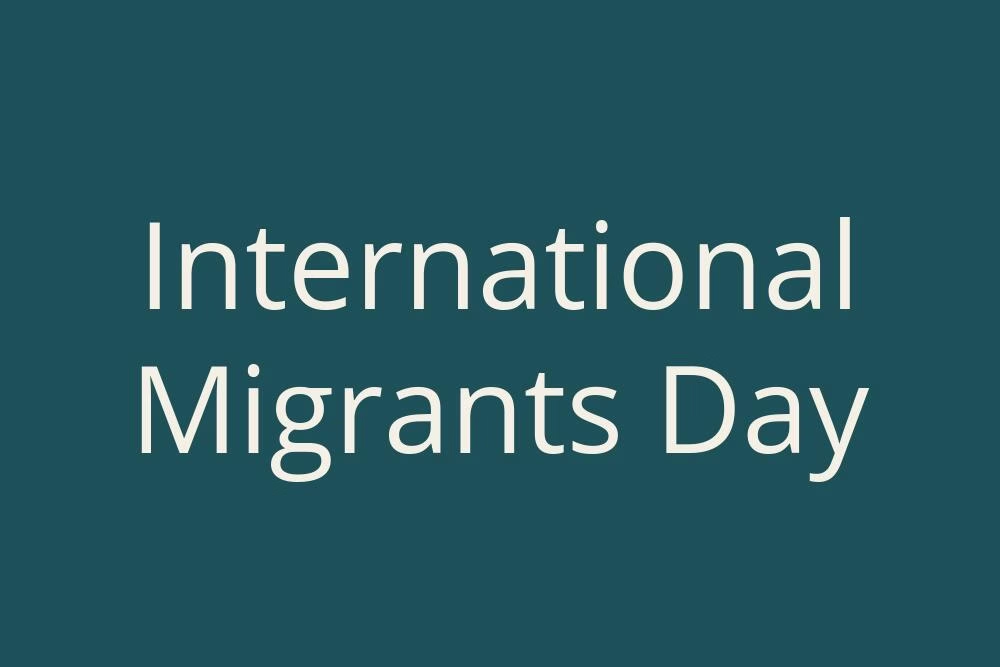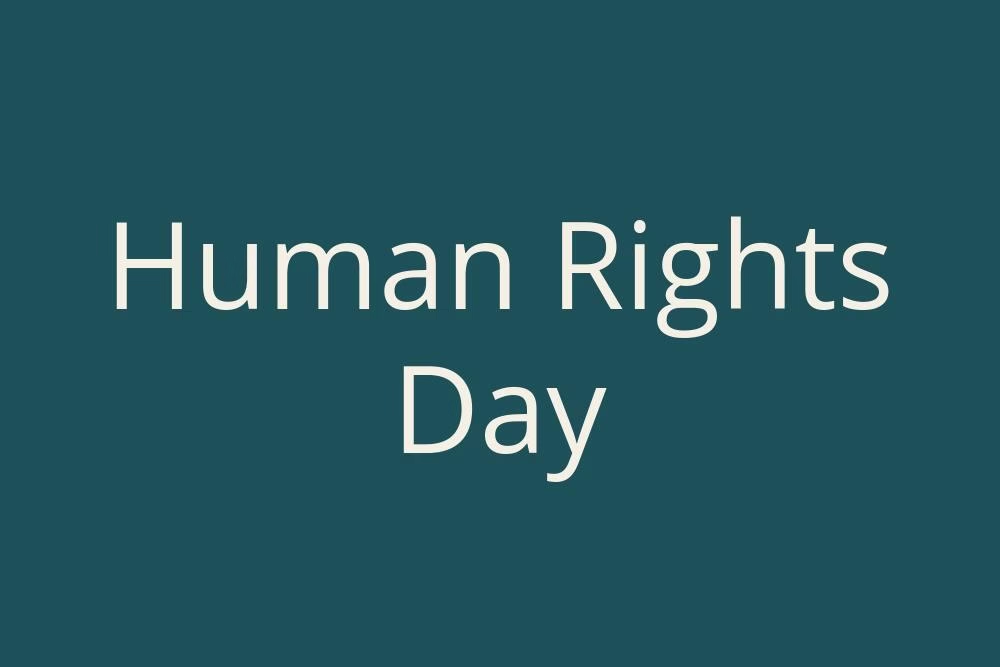Days Countdown
Weeks Countdown
Months Countdown
How Many Days Until International Day Of Happiness? (2026-2050)
| Date | Day | Days Left |
|---|---|---|
| 2026 (March 20) | Friday | 47 days |
| 2027 (March 20) | Saturday | 412 days |
| 2028 (March 20) | Monday | 778 days |
| 2029 (March 20) | Tuesday | 1143 days |
| 2030 (March 20) | Wednesday | 1508 days |
| 2031 (March 20) | Thursday | 1873 days |
| 2032 (March 20) | Saturday | 2239 days |
| 2033 (March 20) | Sunday | 2604 days |
| 2034 (March 20) | Monday | 2969 days |
| 2035 (March 20) | Tuesday | 3334 days |
| 2036 (March 20) | Thursday | 3700 days |
| 2037 (March 20) | Friday | 4065 days |
| 2038 (March 20) | Saturday | 4430 days |
| 2039 (March 20) | Sunday | 4795 days |
| 2040 (March 20) | Tuesday | 5161 days |
| 2041 (March 20) | Wednesday | 5526 days |
| 2042 (March 20) | Thursday | 5891 days |
| 2043 (March 20) | Friday | 6256 days |
| 2044 (March 20) | Sunday | 6622 days |
| 2045 (March 20) | Monday | 6987 days |
| 2046 (March 20) | Tuesday | 7352 days |
| 2047 (March 20) | Wednesday | 7717 days |
| 2048 (March 20) | Friday | 8083 days |
| 2049 (March 20) | Saturday | 8448 days |
| 2050 (March 20) | Sunday | 8813 days |
The Importance of the International Day of Happiness
The International Day of Happiness is celebrated annually on March 20. Established by the United Nations in 2012, this day aims to recognize the significance of happiness in the lives of people around the world. It serves as a reminder of the universal pursuit of happiness and well-being, highlighting the importance of making choices that lead to a fulfilling life.
The Origins of International Day of Happiness
The genesis of this day can be traced back to Bhutan, a small Himalayan nation that has made a remarkable impact on the world by prioritizing happiness over economic growth. In the 1970s, Bhutan introduced the concept of Gross National Happiness, arguing that the well-being of its citizens should come before material wealth. The idea gained traction, leading to the recognition of March 20 as a day dedicated to happiness globally.
The Role of Happiness in Society
Happiness is more than just a fleeting emotion; it is essential for societal well-being. Research from various fields, including psychology and economics, emphasizes the correlation between happiness and productivity, health, and social cohesion. When individuals are happier, they are more engaged in their communities, leading to stronger social ties and increased cooperation.
Global Celebration and Themes
Each year, the International Day of Happiness focuses on a specific theme that addresses pressing issues impacting happiness worldwide. For example, previous themes have included “Happiness for all” and “Keep Calm, Stay Wise, Be Kind”. These themes encourage individuals and organizations to reflect on and promote actions that enhance happiness across different aspects of life, including relationships, environment, and personal health.
Celebratory Activities Around the World
The International Day of Happiness is marked with various activities designed to spread joy and encourage positivity. Events may include:
- Community Events: From workshops to gatherings, communities organize events that promote collective happiness.
- Social Media Campaigns: Individuals use hashtags like #InternationalDayofHappiness to share messages and acts of kindness.
- Happiness Challenges: Schools and organizations may initiate challenges that promote kindness, such as paying it forward or volunteering.
Data on Happiness Around the World
Understanding happiness levels globally can provide insights into how different factors contribute to personal and communal well-being. The table below summarizes scores from the World Happiness Report, which ranks countries based on a variety of wellbeing indicators.
| Country | Happiness Score | Main Contributing Factors |
|---|---|---|
| Finland | 7.84 | High income, social security, and trust |
| Denmark | 7.62 | Strong social support and freedom |
| Switzerland | 7.57 | Wealth and health services |
| Iceland | 7.55 | Community spirit and low corruption |
| Netherlands | 7.49 | Work-life balance and social trust |
Promoting a Culture of Happiness
As individuals, communities, and nations, we can work toward cultivating a culture of happiness. Celebrating the International Day of Happiness can inspire people to prioritize their well-being and that of others. Simple acts, such as expressing gratitude, building strong relationships, and participating in community initiatives, can significantly enhance happiness levels.
In summary, the International Day of Happiness is a vital observance that highlights the need for a global focus on well-being and joy. By embodying the principles of happiness, individuals can contribute to a positive world, fostering connections, understanding, and peace.


